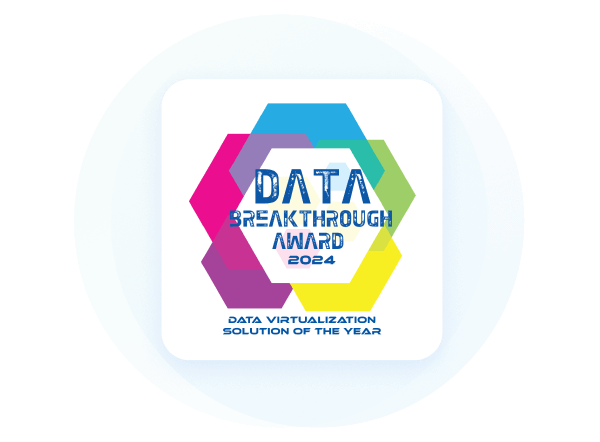Discover how a bimodal integration strategy can address the major data management challenges facing your organization today.
Get the Report →A PostgreSQL Interface for Confluence Data
Use the Remoting features of the Confluence JDBC Driver to create a PostgreSQL entry-point for data access.
There are a vast number of PostgreSQL clients available on the Internet. From standard Drivers to BI and Analytics tools, PostgreSQL is a popular interface for data access. Using our JDBC Drivers, you can now create PostgreSQL entry-points that you can connect to from any standard client.
To access Confluence data as a PostgreSQL database, use the CData JDBC Driver for Confluence and a JDBC foreign data wrapper (FDW). In this article, we compile the FDW, install it, and query Confluence data from PostgreSQL Server.
Connect to Confluence Data as a JDBC Data Source
To connect to Confluence as a JDBC data source, you will need the following:
- Driver JAR path: The JAR is located in the lib subfolder of the installation directory.
Driver class:
cdata.jdbc.confluence.ConfluenceDriver- JDBC URL:
The URL must start with "jdbc:confluence:" and can include any of the connection properties in name-value pairs separated with semicolons.
Obtaining an API Token
An API token is necessary for account authentication. To generate one, login to your Atlassian account and navigate to API tokens > Create API token. The generated token will be displayed.
Connect Using a Confluence Cloud Account
To connect to a Cloud account, provide the following (Note: Password has been deprecated for connecting to a Cloud Account and is now used only to connect to a Server Instance.):
- User: The user which will be used to authenticate with the Confluence server.
- APIToken: The API Token associated with the currently authenticated user.
- Url: The URL associated with your JIRA endpoint. For example, https://yoursitename.atlassian.net.
Connect Using a Confluence Server Instance
To connect to a Server instance, provide the following:
- User: The user which will be used to authenticate with the Confluence instance.
- Password: The password which will be used to authenticate with the Confluence server.
- Url: The URL associated with your JIRA endpoint. For example, https://yoursitename.atlassian.net.
Built-in Connection String Designer
For assistance in constructing the JDBC URL, use the connection string designer built into the Confluence JDBC Driver. Either double-click the JAR file or execute the jar file from the command-line.
java -jar cdata.jdbc.confluence.jarFill in the connection properties and copy the connection string to the clipboard.
![Using the built-in connection string designer to generate a JDBC URL (Salesforce is shown.)]()
A typical JDBC URL is below:
jdbc:confluence:User=admin;APIToken=myApiToken;Url=https://yoursitename.atlassian.net;Timezone=America/New_York;
Build the JDBC Foreign Data Wrapper
The Foreign Data Wrapper can be installed as an extension to PostgreSQL, without recompiling PostgreSQL. The jdbc2_fdw extension is used as an example (downloadable here).
- Add a symlink from the shared object for your version of the JRE to /usr/lib/libjvm.so. For example:
ln -s /usr/lib/jvm/java-6-openjdk/jre/lib/amd64/server/libjvm.so /usr/lib/libjvm.so - Start the build:
make install USE_PGXS=1
Query Confluence Data as a PostgreSQL Database
After you have installed the extension, follow the steps below to start executing queries to Confluence data:
- Log into your database.
-
Load the extension for the database:
CREATE EXTENSION jdbc2_fdw; -
Create a server object for Confluence:
CREATE SERVER Confluence FOREIGN DATA WRAPPER jdbc2_fdw OPTIONS ( drivername 'cdata.jdbc.confluence.ConfluenceDriver', url 'jdbc:confluence:User=admin;APIToken=myApiToken;Url=https://yoursitename.atlassian.net;Timezone=America/New_York;', querytimeout '15', jarfile '/home/MyUser/CData/CData\ JDBC\ Driver\ for\ Salesforce MyDriverEdition/lib/cdata.jdbc.confluence.jar'); -
Create a user mapping for the username and password of a user known to the MySQL daemon.
CREATE USER MAPPING for postgres SERVER Confluence OPTIONS ( username 'admin', password 'test'); -
Create a foreign table in your local database:
postgres=# CREATE FOREIGN TABLE pages ( pages_id text, pages_Key text, pages_Name numeric) SERVER Confluence OPTIONS ( table_name 'pages');
postgres=# SELECT * FROM pages;







